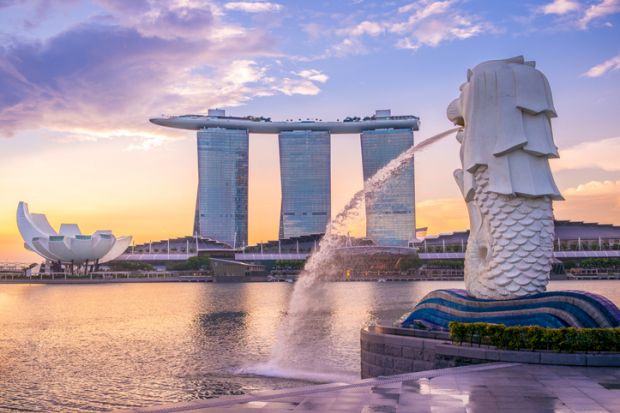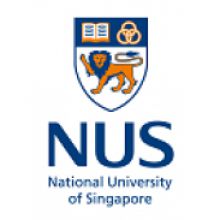A majority of academics in Singapore acknowledge that scholars in the city-state are “subject to interference or incentivised to self-censor at least occasionally”, even if their own research is not affected, according to the Academic Freedom Survey 2021, published by scholars’ collective AcademiaSG.
The group, which formed in 2019 in response to concerns about a “fake news” law’s impact on education, surveyed about 200 academics in the humanities, social sciences, business and law at five Singapore universities for the survey, published on 18 August.
Cherian George, the study’s lead investigator and an associate dean (research and development) at Hong Kong Baptist University’s School of Communication, told Times Higher Education that it was “the first academic freedom survey of Singapore academics that we know of, period”.
While the majority of surveyed academics did not feel censored personally, a “significant minority” of 16 per cent said that they were “not free to choose their preferred research area and broad agenda”. Those who work on “politically sensitive” topics are 1.5 to 3.5 times more likely to feel constrained.
However, even among those who did not feel censored, 64 per cent acknowledged that interference and self-censorship existed in the system.
Alarmingly, 55 per cent of female academics said they did “not feel free to engage the public in non-academic venues”, compared with 29 per cent of their male counterparts. Similarly, women were more than twice as likely (28 per cent) to feel “not free” in pursuing specific projects, compared with men (11 per cent).
“Gender makes a bigger difference than tenure status to academics’ perceived freedom,” the study says.
Academics also reported limits on teaching and learning. About one-third do not feel free to discuss “sensitive or controversial issues” in class – although, surprisingly, more cited unease from students than official pressure from administrators as a reason.
Constraints on syllabi and reading lists affected 14 per cent, while 39 per cent said they could not freely invite speakers, partly because of requirements that they seek advance permission from their institutions.
Professor George said that concerns about censorship did not seem to affect Singapore institutions’ rankings positions.
“While limits on academic freedom may be hurting Singapore in the global competition for academic talent in some areas, countervailing strengths have enabled it to become a hub for higher education and research,” he said.
“The bigger worry for Singapore is how its disincentives against critical research, teaching and public engagement, which our study points to, may be contributing to a national dumbing down,” he added. “This decay in universities’ social and public role is masked by the performance indicators typically monitored by the global higher education industry.”
The study acknowledges that “there are mounting calls for university rankings to incorporate academic freedom indications, a quick fix that would penalise China’s high-flying universities”, while Singapore’s “would suffer collateral damage”.
However, the authors add that “they are not fans of this approach” because they wish to put less weight on rankings in general.
Register to continue
Why register?
- Registration is free and only takes a moment
- Once registered, you can read 3 articles a month
- Sign up for our newsletter
Subscribe
Or subscribe for unlimited access to:
- Unlimited access to news, views, insights & reviews
- Digital editions
- Digital access to THE’s university and college rankings analysis
Already registered or a current subscriber? Login











